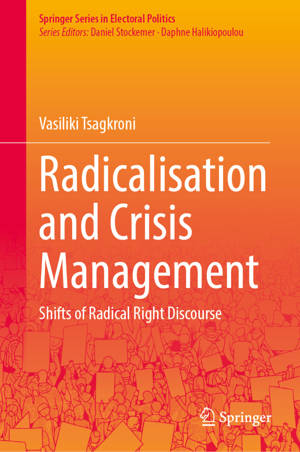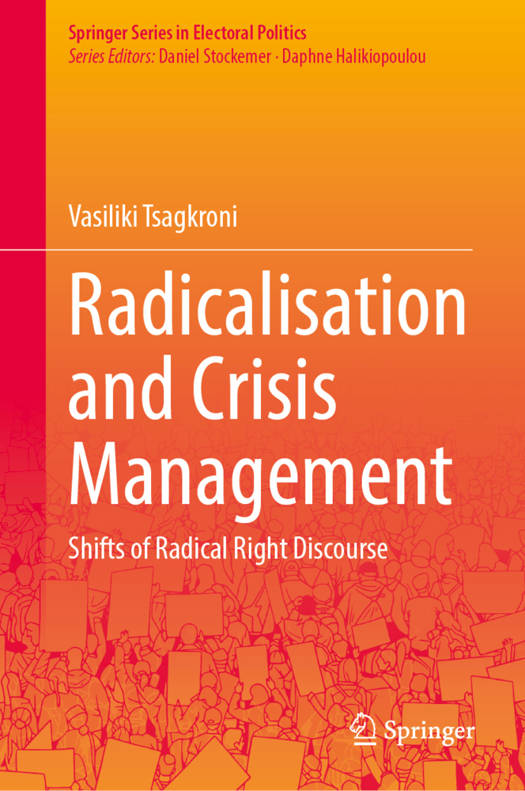
- Afhalen na 1 uur in een winkel met voorraad
- Gratis thuislevering in België
- Ruim aanbod met 7 miljoen producten
- Afhalen na 1 uur in een winkel met voorraad
- Gratis thuislevering in België
- Ruim aanbod met 7 miljoen producten
Omschrijving
This book discusses theories of crisis management and the radical right, to shed light on how responses to crisis influence radical right parties in their presence, discourse, and evolution. The book offers a comparative perspective by examining case studies with various traditions of radical right actors, presenting data on how crisis exploitation can assist in exploring, reconsidering, bargaining, and learning about the prospects of change of political parties.
The book focuses on the debate on radicalization and crisis management. Similar to the already existing economic, political, post-Brexit, and migration crises in Europe, discourses of fear around the latest health crisis are paving the way for further radicalised discourse from the far right. The book looks into how radical right parties in Europe have responded to these crises. It monitors and explores how crisis exploitation impacts political strategies, opportunity-seeking behaviours, and the evolution of the discourse of radical right parties in the contemporary political landscape.
Therefore, this book is a must-read for researchers, students, and policy-makers, interested in a better understanding of populism, radical right parties, electoral studies, as well as comparative politics in general.
Specificaties
Betrokkenen
- Auteur(s):
- Uitgeverij:
Inhoud
- Aantal bladzijden:
- 124
- Taal:
- Engels
- Reeks:
Eigenschappen
- Productcode (EAN):
- 9783031587115
- Verschijningsdatum:
- 15/06/2024
- Uitvoering:
- Hardcover
- Formaat:
- Genaaid
- Afmetingen:
- 156 mm x 234 mm
- Gewicht:
- 371 g

Alleen bij Standaard Boekhandel
Beoordelingen
We publiceren alleen reviews die voldoen aan de voorwaarden voor reviews. Bekijk onze voorwaarden voor reviews.












